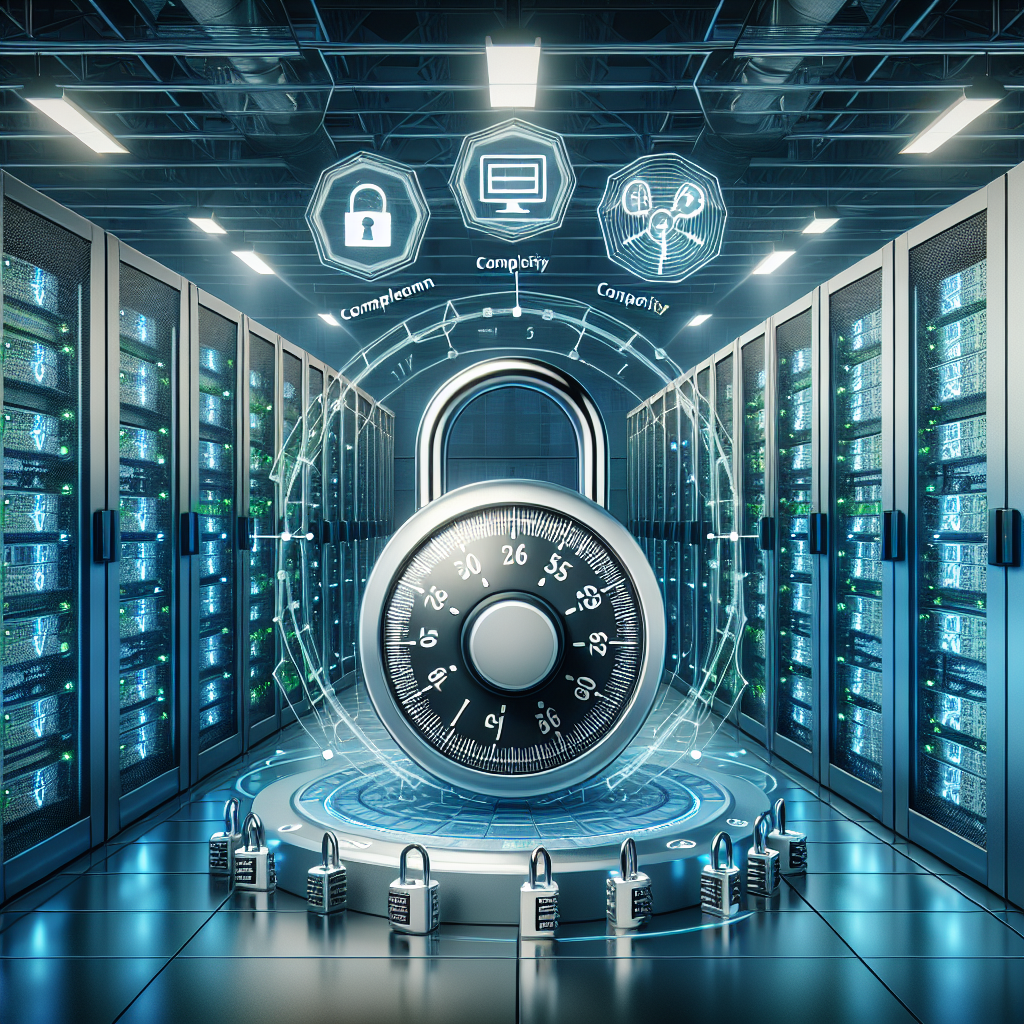Your cart is currently empty!
The Role of Data Center Compliance in Ensuring Business Continuity

In today’s digital age, data centers play a crucial role in ensuring the smooth operation of businesses. These facilities house the servers and other hardware that store and process the vast amounts of data that organizations rely on for their day-to-day operations. In order to ensure that data centers are able to function properly and maintain the integrity of the data they store, it is essential that they adhere to strict compliance standards.
Data center compliance refers to the set of rules and regulations that govern how data centers operate and protect the data they store. These standards are put in place to ensure that sensitive information is kept safe from cyber threats, natural disasters, and other potential risks. By complying with these regulations, data centers can mitigate the risk of data breaches and ensure that their operations are secure and reliable.
One of the key roles of data center compliance is to ensure business continuity. Business continuity refers to the ability of an organization to continue its operations in the event of a disruption, such as a cyber attack, power outage, or natural disaster. By adhering to compliance standards, data centers can implement measures to prevent these disruptions from occurring, or at least minimize their impact on the business.
For example, data center compliance standards often require facilities to have backup power systems in place to ensure that servers and other hardware remain operational in the event of a power outage. They may also require data centers to have redundant systems in place to prevent a single point of failure from causing a widespread disruption. By implementing these measures, data centers can ensure that their operations continue running smoothly, even in the face of unexpected challenges.
In addition to protecting against external threats, data center compliance also helps organizations comply with data protection regulations. For example, the General Data Protection Regulation (GDPR) in Europe requires organizations to implement measures to protect the personal data of EU citizens. By complying with these regulations, data centers can ensure that they are storing and processing data in a secure and compliant manner, reducing the risk of data breaches and potential fines.
Overall, data center compliance plays a critical role in ensuring business continuity. By adhering to these standards, data centers can protect their operations from disruptions and ensure that the data they store remains secure and reliable. As organizations continue to rely on data centers for their digital operations, compliance will become increasingly important in safeguarding their data and ensuring the continuity of their business.

Leave a Reply